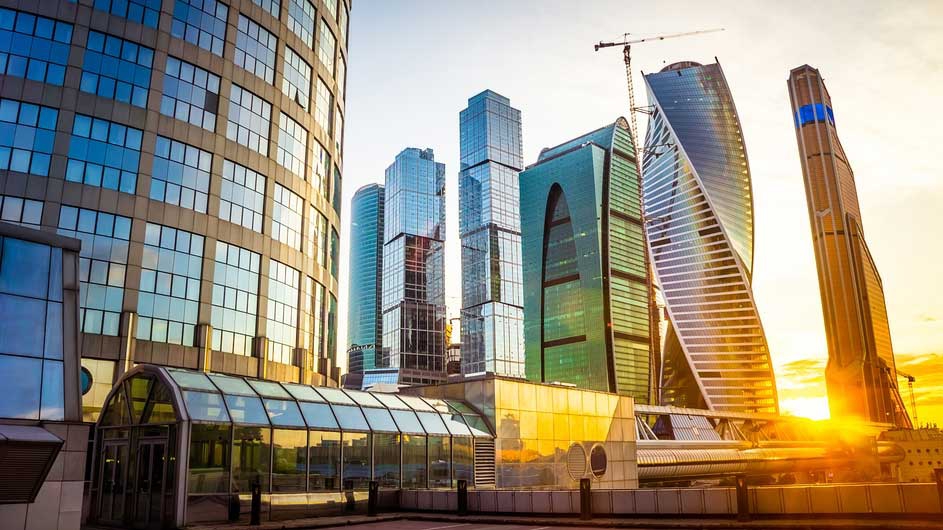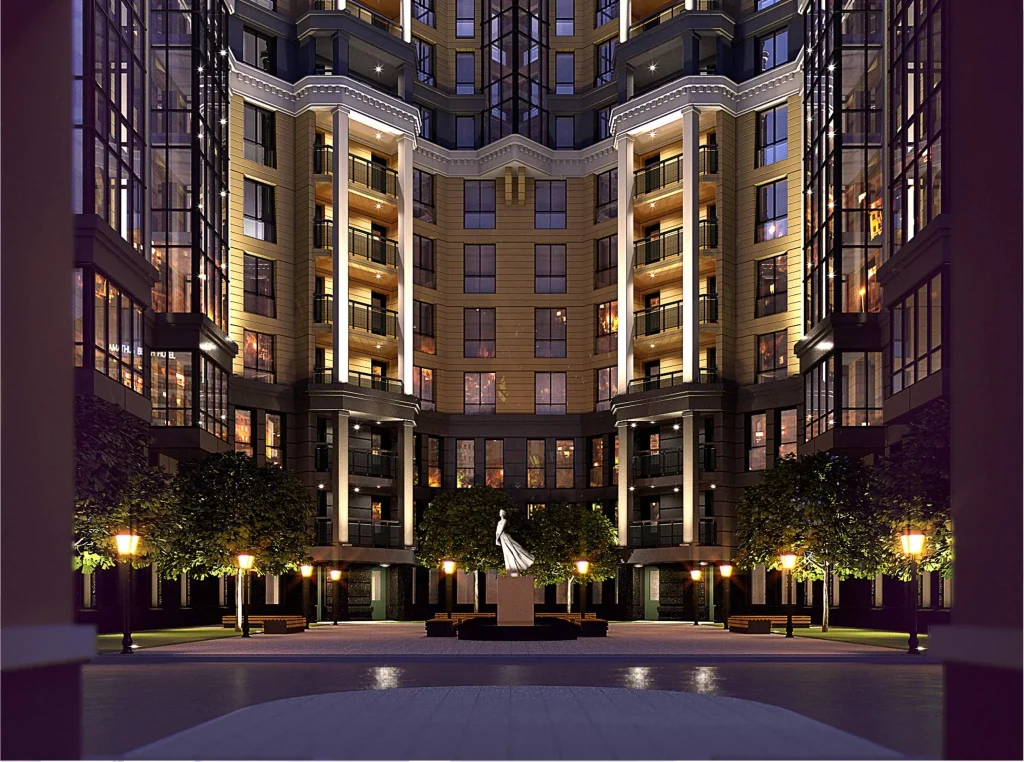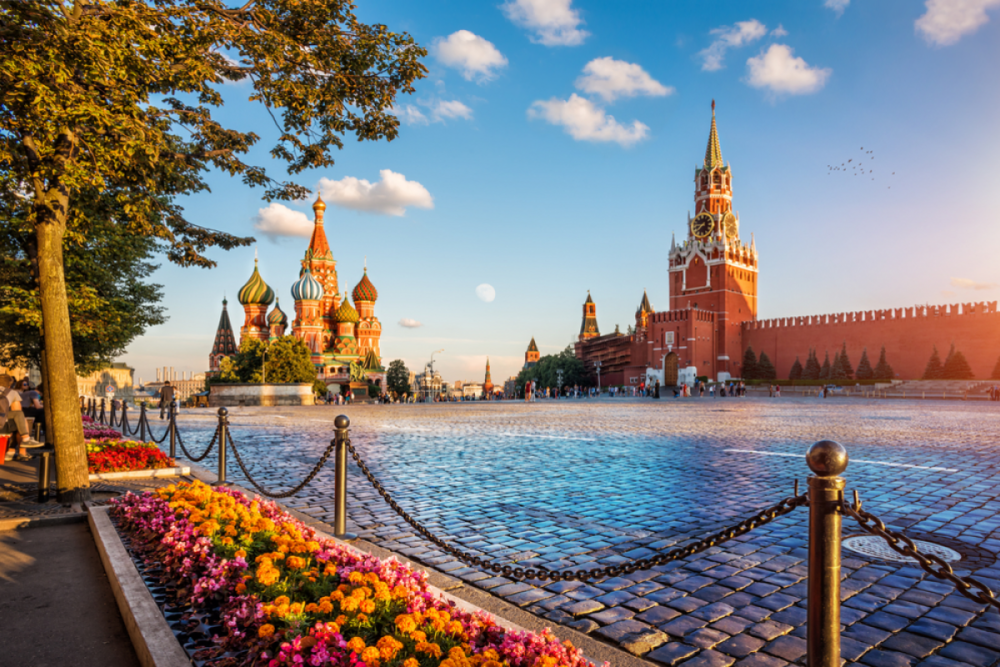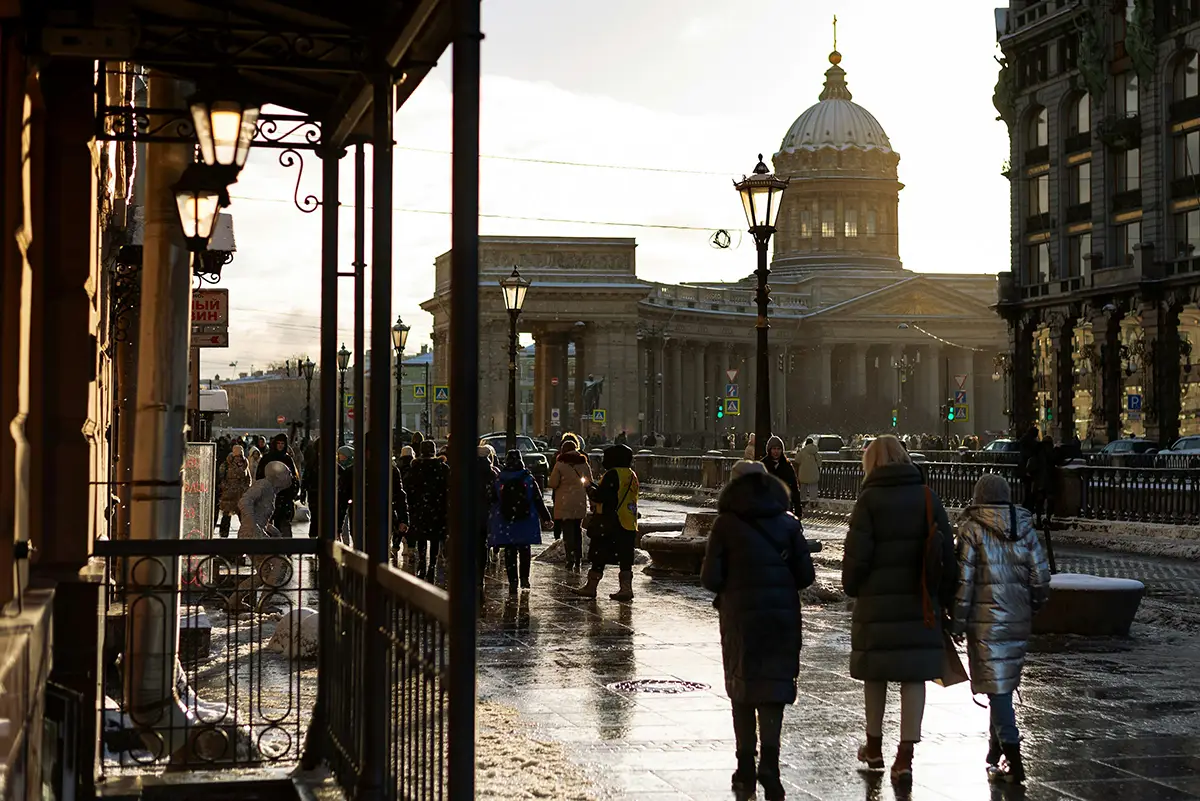Moscow is an unchanging centre of attraction for residents of Russia and beyond. The capital beckons with its business prospects, rich culture and high standard of living. However, before deciding to move or stay in the city for the long term, it is important to understand the financial issues. In 2025, as before, rent, transport, food and leisure remain the key items of expenditure. Let’s take a look at how justified the expectations of living in the metropolis are and whether the cost of living in Moscow matches the possibilities.

Why Moscow attracts residents of other cities and countries
The capital offers broad prospects for professional growth, cultural development and comfortable living. Modern infrastructure, a developed labour market, access to education and healthcare make the city a desirable place for those looking for new opportunities.
The centre of the country also pleases residents with a high level of security, a variety of entertainment and a vibrant cultural life. International and domestic companies open their doors to qualified professionals.
Economic opportunities of the capital city
The megacity provides a wide range of vacancies in sectors such as IT, finance, construction and medicine. The cost of labour in the capital is significantly higher than the Russian average, which explains the high standard of living in Moscow. For example:
- IT specialists earn from RUB 120 thousand.
- Employees of the banking sector receive from RUB 100 thousand.
- Workers in trade and services earn from Br60 thousand.
Cultural diversity and infrastructure
It is home to Russia’s leading stages, including the Bolshoi Theatre and the Moscow Art Theatre, and hosts world-class exhibitions at the Tretyakov Gallery and Pushkin Museum. Concert venues and cinemas complete the entertainment list.
Moscow offers citizens one of the most developed transport systems in the world. The metro, dubbed the “underground palace”, is not only a means of transport, but also a cultural monument. The lines cover all districts of the city, and new stations such as Aminyevskaya and Michurinsky Prospekt solve the problem of accessibility of remote areas.
Features:
- Metro. More than 250 stations connect Moscow with the nearest neighbourhoods, and train intervals are minimal even during rush hours. The cost of one trip is 50-60 rubles, and a monthly travel ticket costs about 3000 rubles.
- MCC and MCD. Moscow Central Ring and diameters complement the lines.
- Buses and trolleybuses. Ground transport includes routes in dormitory areas that operate 24 hours a day. Dedicated public transport lanes speed up travel during peak hours.
- Transport cards. “You can use a Troika card to pay for travel on all types of transport, including electric trains.
Moscow’s infrastructure creates conditions for a comfortable life where the cost of travelling is predictable – convenience of movement, high accessibility of cultural and household facilities compensate for high costs. A well-developed network of metro and transport hubs provides access to even the most remote areas.
How much does it cost to live in Moscow?
 The cost of living in Moscow is made up of the costs of renting accommodation, buying groceries, transport and utilities. The level of expenditure depends on the area where you live, your lifestyle and preferences.
The cost of living in Moscow is made up of the costs of renting accommodation, buying groceries, transport and utilities. The level of expenditure depends on the area where you live, your lifestyle and preferences.
Renting accommodation in Moscow
The rent of living space represents the largest expense for residents of the capital. Moscow offers a variety of options from elite flats to budget flats on the outskirts for comfortable living – average cost:
- A studio in the centre – from 50 thousand rubles per month.
- One-room flat in a dormitory district – from Br35 thousand.
- A two-bedroom in New Moscow – from 25 thousand roubles.
Factors affecting price:
- Location. The city centre, such as Arbat and Tverskaya districts, is highly liquid. Dormitory districts such as Yuzhnoe Butovo or Novokosino offer more affordable options.
- Property Type. New buildings with modern infrastructure are more expensive than older housing stock.
- Housing Condition. The presence of repairs, furniture and household appliances increases the cost of rent.
To save money, many people choose flats outside the Moscow Ring Road. New Moscow is popular due to its affordable prices and transport accessibility.
Food prices in Moscow
The grocery basket in the capital offers a wide range of prices depending on the place of purchase. Supermarkets such as Auchan, Perekryostok and local markets offer the opportunity to choose between budget and premium products. The average food budget for a family of three is around RUB 30-35 thousand per month.
Average prices for basic food products:
- A litre of milk costs 70 rubles.
- A loaf of bread costs 50 rubles.
- A kilo of chicken fillet – 350 rubles.
- A kilo of potatoes – 50 rubles.
- A kilo of apples – 100 rubles.
- A dozen eggs – 120 rubles.
Seasonal discounts in markets and promotions in supermarkets help optimise costs. For those who prefer premium quality, the Azbuka Vkusa chain offers high-quality products, but at higher prices.
Wages and expenses in Moscow: average cost of living in the capital city
The average level of salaries in the capital exceeds the indicators of most Russian regions, which allows to cover basic expenses and maintain a comfortable standard of living:
- IT Professionals. Incomes from RUB 120,000 thanks to high demand for specialists in data development and analysis.
- Health care providers. In private clinics, salaries start at 80,000 roubles.
- Employees in the retail industry. Income from 60 thousand roubles.
Average Costs:
- Utilities. A two-room flat requires monthly expenses for light, water and heating in the amount of 5-7 thousand rubles.
- Transport. A single pass for all types of transport costs about 3,000 roubles.
- Entertainment. Theatres, cinemas and cafes will require about 10,000 roubles a month.
Whether it is worth moving to Moscow from the regions – analysing the cost of life in the capital city
Moscow offers great opportunities for professional growth, cultural development and comfortable life. Moving requires careful budget planning.
Advantages:
- Developed infrastructure. Convenient public transport, including metro, buses, trains.
- Career Prospects. High salaries and a large number of vacancies in different sectors.
- Access to high-level educational and medical services.
Disadvantages:

- The high cost of renting a home.
- Greater competition in the labour market.
- The need to adapt to the high rhythm of life.
Conclusion
 The capital remains a centre of attraction due to its opportunities, cultural diversity and high level of comfort. The cost of living in Moscow depends on your needs and neighbourhood, but with a sensible approach to budgeting, the heart of Russia will provide excellent prospects for professional and personal growth.
The capital remains a centre of attraction due to its opportunities, cultural diversity and high level of comfort. The cost of living in Moscow depends on your needs and neighbourhood, but with a sensible approach to budgeting, the heart of Russia will provide excellent prospects for professional and personal growth.
 en
en  ru
ru  de
de  ar
ar  es
es  nl
nl  hi
hi  fr
fr  it
it  pt
pt  el
el 










